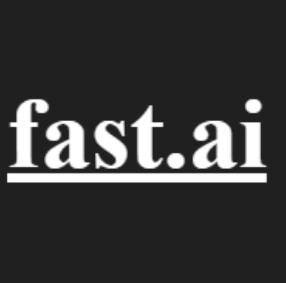| Fast.ai's Practical Deep Learning for Coders Has Been Updated |
| Written by Nikos Vaggalis | |||
| Friday, 26 August 2022 | |||
|
Fast.ai has just published an update to its free online course Practical Deep Learning for Coders. The update covers new techniques and libraries and for continuity the original 2020 version is still available. Fast.ai was founded four years ago by academics Jeremy Howard and Rachel Thomas with an ongoing commitment to providing free, practical, cutting-edge education for deep learning practitioners and educators. They have two courses on offer - Practical Deep Learning for Coders and Deep Learning from the Foundations. In order to keep Practical Deep Learning for Coder's current, since the field of AI is very fast moving, its 2022 edition has been rewritten from-scratch, focusing on interactive explorations, covering PyTorch and libraries like fastai and Hugging Face. It teaches the latest deep learning techniques that really matter:
These concepts are practically applied to:
The course is taught by Professor Jeremy Howard who has been teaching machine learning for around 30 years. It is comprised of 9 lessons, each one around 90 minutes long, while the accompanying textbook is named after the course and is also freely available online. It's light on pre-requisites both regarding hardware and student experience. Minimal knowledge of Python and high school math are required, while on the hardware side just a GPU and the appropriate software like a humble Jupyter notebook for starters. In summary, Practical Deep Learning for Coders is a very good starting point for getting into the field of AI. In comparison to Microsoft's Artificial Intelligence for Beginners which I looked at a few days ago it feels more like a class-based approach, despite being self paced. It's made in collaboration with a real University after all - the University of Queensland, Australia. If that doesn't say much then there are testimonials by alumni, top academics, and industry experts to back it up. As well as the fact that many of its alumni have gone on to jobs at organizations like Google Brain, OpenAI, Adobe, Amazon, and Tesla, The common denominator in both cases, this course or Microsoft's is Python. So in order to progress you need to learn Python first. The deep learning models and libraries can be learnt any time if you have a good grasp of the Python language. More InformationPractical Deep Learning for Coders Related ArticlesMicrosoft's Artificial Intelligence for Beginners Deep Learning from the Foundations
To be informed about new articles on I Programmer, sign up for our weekly newsletter, subscribe to the RSS feed and follow us on Twitter, Facebook or Linkedin.
Comments
or email your comment to: comments@i-programmer.info |
|||
| Last Updated ( Friday, 26 August 2022 ) |


